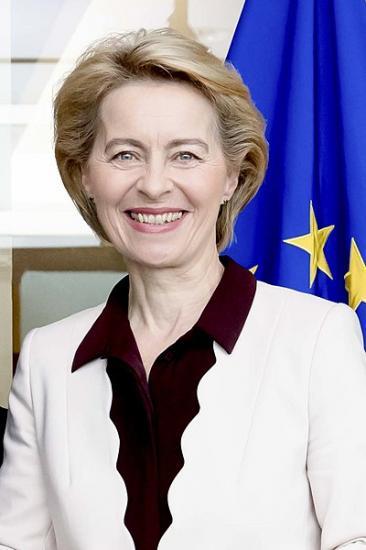The Election We Used To Be Part Of - European Parliament Election Results
10th June 2024

Welcome to Wider Europe, RFE/RL's newsletter focusing on the key issues concerning the European Union, NATO, and other institutions and their relationships with the Western Balkans and Europe's Eastern neighborhoods.
I'm RFE/RL Europe Editor Rikard Jozwiak, and this week I'm drilling down on the results of the European Parliament elections.
The Briefing: The Center Holds For Now
Despite all the headlines about the surge of the populist right, the main takeaway from the European Parliament elections is that the three biggest political groups in the chamber are unchanged.
After EU citizens went to vote across the 27 EU member states between June 6 and 9, the center-right European People's Party (EPP) came in first -- as they have done in every European parliamentary election since 1999 -- with a projected 185 lawmakers in the 720-seat chamber.
(The results are still provisional and being updated throughout the day. For the latest numbers, check the European Parliament website.)
The Progressive Alliance of Socialists and Democrats (S&D) came in second with a projected 137 members of the European Parliament (MEPs). And the liberal-centrist Renew Europe has come in third with an expected 79 MEPs.
Together, those three leading parties have an estimated 401 MEPs, a majority, albeit a small and shrinking one, down from 417 MEPs in the smaller 705-seat parliament. (The chamber is gaining 15 more seats in these elections, held every five years, distributing some but not all of the seats vacated when the United Kingdom Brexited in 2020.)
The EPP was actually the only major political group that gained in popularity; all others lost support compared to the previous elections in 2019. So, the center holds -- just.
The Greens/European Free Alliance (Greens/EFA) made big gains in the 2019 elections, and in the outgoing parliament they held 71 seats. In these elections the party has seen its support drop, now with only 52 seats, making it the second-smallest group in parliament. The smallest group is the far-left group in the European Parliament (GUE/NGL), which got 36 seats.
Read more results in the The Wider Europe briefing by Rikard Jozwiak
For a regular newsletter you can sign up to receive it weekly Free at
https://www.rferl.org/p/8961.html
